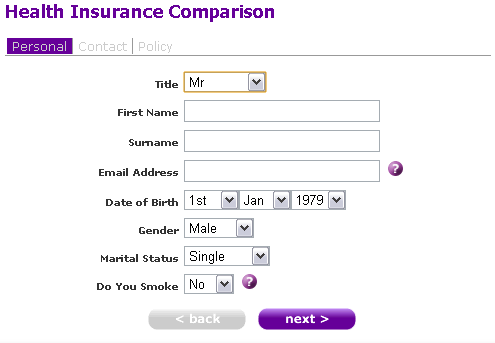The new Barclaycard 13th Annual Commercial Business Travel Survey has highlighted a worrying trend that employees might not be as prudent with managing their own business travel expenses as they perhaps should be. Thirty two per cent of the business travellers surveyed stated that they fail to claim back all of their expenses, amounting to an average £373 in unclaimed business travel expenses each year. The survey also found that the more senior an employee is, the more money they are likely to lose in unclaimed expenses. There is also a clear division between the sexes as it appears men are lazier about claiming expenses than their female colleagues.
There are 38,486 companies employing more than 100 people in the UK, according to the Office of National Statistics, and even assuming each of these companies only employs 100 people and a third of these employees do not claim back, the total loss in unclaimed expenses would amount to a staggering half a billion pounds (£473,724,174) in the past year.
Worryingly, if employees tried to claim back almost half a billion in travel expenses from last year, companies could be crippled in an already pressurised economic environment. This begs the question does the government have an obligation to both the individual and businesses to lay down general guidelines on claiming expenses that will protect both parties?
In addition, Barclaycard found that only 61 per cent of respondents claim back all of their expenses – a drop from 79 per cent last year – suggesting that the UK is becoming less rather than more financially prudent as a nation and there is a growing problem with British business travellers managing money.
Neil Radley, Managing Director of Barclaycard Commercial, commented: “Anyone who regularly travels on business knows keeping track of all expenses can be tricky, especially when your top priority is your performance. Managing incidental and often small costs can drop to the bottom of the list of priorities. Barclaycard has found that the most sensible action companies can take is to help their employees to centralise their costs and to give them the facility to create automatic records by using company credit cards responsibly to keep better track of their expenses.”
About Barclaycard Commercial
The 13th annual Barclaycard Commercial Business Travel Survey was conducted in December 2008, amongst a nationwide sample of Barclaycard Commercial card holders. AÂ total of 2,202 respondents (CEOs, chairmen, non-executives, financial directors, executive directors, managers and personal assistants) provided their thoughts on all aspects of business travel including attitudes to the environment and in-flight technology, airlines and hotel preferences and online bookings.
Barclaycard, part of Barclays Global and Retail Commercial Banking division, is a leading global payment business which helps consumers, retailers and businesses to make and accept payments flexibly, and to access short-term credit when needed.
The company is one of the pioneers of new forms of credit card payments and is at the forefront of developing viable contactless and mobile payment schemes for today and cutting edge forms of payment for the future. It also issues credit and charge cards to corporate customers and the UK Government. Barclaycard partners with a wide range of organisations across the globe to offer their customers or members payment options and credit. In addition to the UK, Barclaycard operates in the United States, Europe, Africa and the Middle and Far East.
Via EPR Network
More Financial press releases




